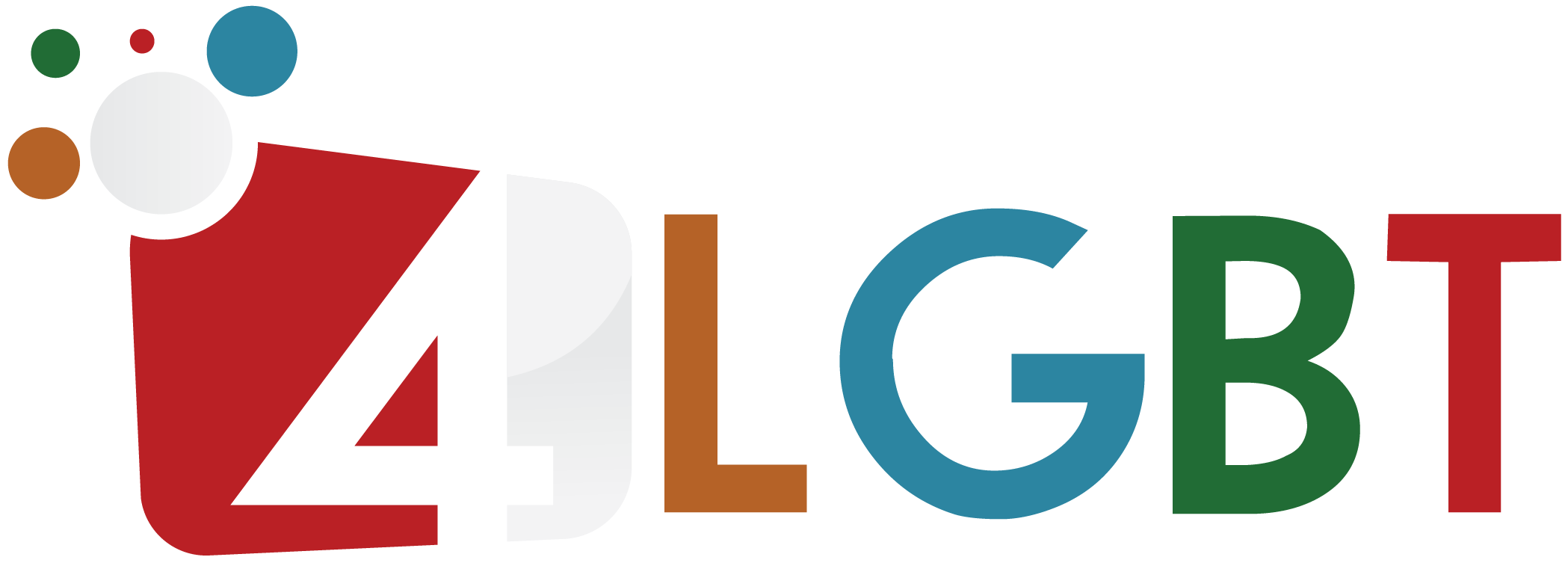Younger generations of Americans have differing views on LGBT issues, such as marriage and sexual orientation. Many of them may feel that their religious practices or beliefs conflict with their own sexual orientation and gender identity. In some cases, this may be due to the different social context in which LGBT individuals grow up. Young adults’ views of Barack Obama and the Democratic Party may also differ from their older counterparts. Many young people may not have identified their sexual orientation while they were younger, so it is important to understand why they may feel differently than their older counterparts.
Survey results also show that the majority of LGBT adults say that mainstream institutions are friendly to them. For instance, nearly half of all LGBT adults describe the entertainment industry as friendly. Nearly half say the Democratic Party is a friend to the LGBT community, while only 4% view the Republican Party as friendly. Among professional sports leagues, however, the perception of LGBT people is mixed. While most say mainstream institutions and culture are welcoming, many feel that the lack of acceptance they feel toward the LGBT community is a problem.
While heterosexuals have more freedoms than those who identify as LGBTQ, they face discrimination and prejudice. To combat this, the LGBTQ community has developed its own language. By learning the terms associated with their community, you can become an ally to a member of this community. Although many of these terms were coined by straight white people and cisgender people, they are now reclaimed by the LGBTQ community. So, what does “LGBT” mean to you?
LGBT people identify with different names. Although most people prefer to use the acronym LGBT for “gay,” they do not necessarily share that label. However, it is important to acknowledge one’s identity if it’s different from the one they identify with. Listed below are some common LGBT acronyms. The acronyms are a way to increase visibility for these marginalized groups. But what exactly is it? The LGBTQ community is constantly growing, and this diversity has a big impact on the language we use.
The survey also reveals that LGBT people still face stigma. Nearly half of respondents have experienced rejection at home or at work due to their sexuality. Many have also been physically attacked, threatened, and made to feel unwelcome in a church or other establishment. The survey also focuses on experiences in the realm of family life, including whether or not the LGBT population is accepted by other major institutions. There are also a lot of challenges and opportunities for LGBT families.
The First Amendment protects gay and lesbian people from discrimination. In addition to the LGBT community’s civil rights, it also protects their right to protest and organize, a vital part of their lives. Gay and lesbian people have the right to protest peacefully, and their rights to socialize in public are protected under the First Amendment. So, what are the best ways to fight discrimination and advance their interests? In a recent poll, LGBT people named celebrities such as Ellen DeGeneres as the most important person in advancing LGBT rights.


 How to Be Acquainted With the LGBTQ Community
How to Be Acquainted With the LGBTQ Community  Health and Social Issues Related to the LGBT Community
Health and Social Issues Related to the LGBT Community  What Is LGBT and Why Is It Important?
What Is LGBT and Why Is It Important?  Things to Consider About the LGBT Community
Things to Consider About the LGBT Community